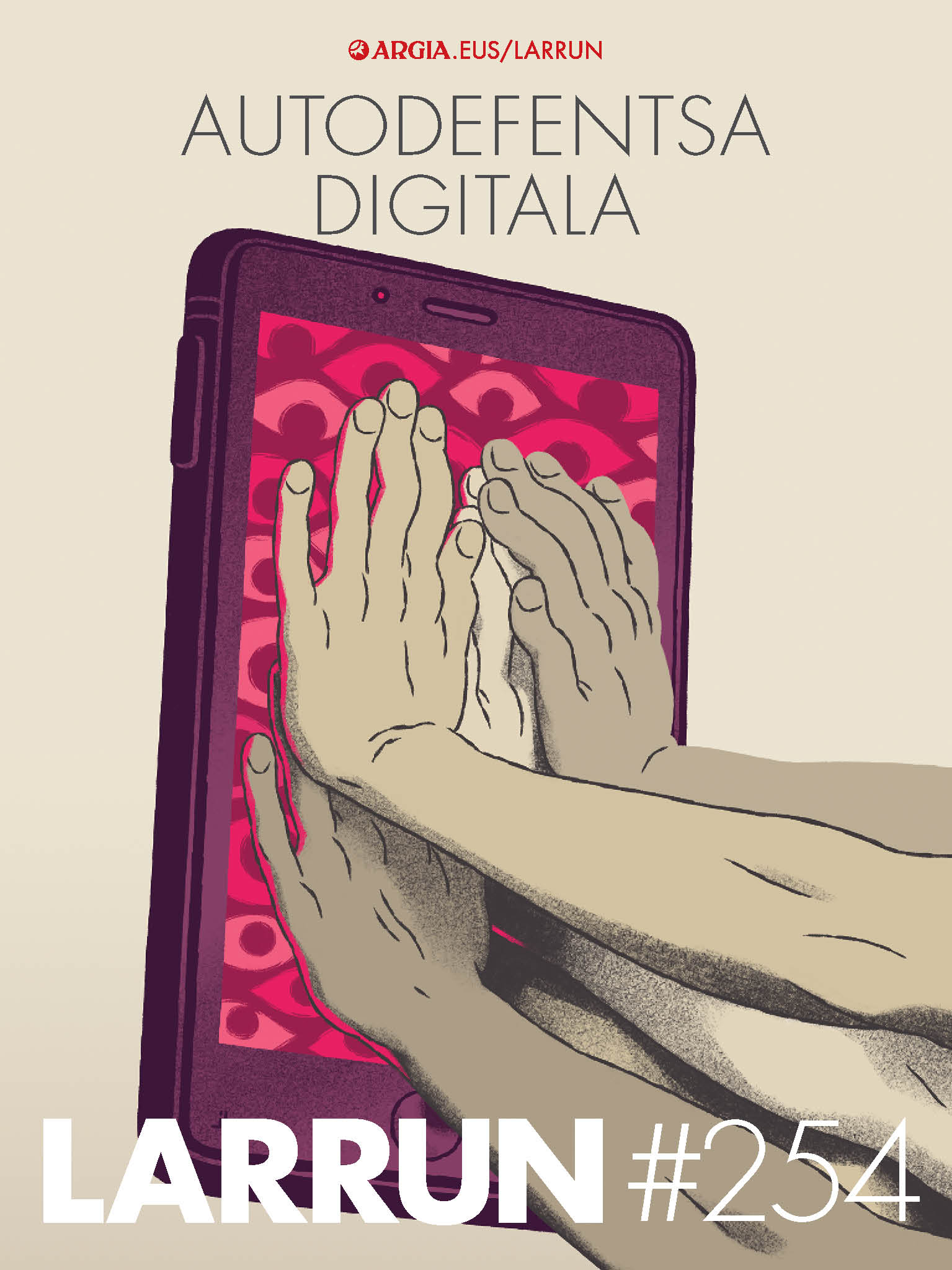Decree limiting freedom on the Internet
- The Spanish Government's Decree on Telecommunications Control has created an alarm on the Internet for this year. With this system, the Government will be able to limit and control digital communications in a state of emergency, without the need for judicial authorization, based on the situation in Catalonia.
The aim of the standard, according to the president himself, Pedro Sánchez, is to avoid the Digital Republic of Catalonia, which has already announced its vote. “There will be no offline or online independence,” he announced hours before the decree was passed. This rule, however, concerns all public administrations, as well as Catalonia, also in the field of non-public electronic communications.
The decree is divided into a long introduction and five chapters. The purpose of the introduction is to justify the interventions detailed in the following chapters, with a repeated reference to the Constitutional Court and the situation in Catalonia. A number of points are then addressed in each chapter: The first sets out the control of identification systems, specifying that in exceptional situations only the ID will be accepted. The second and third chapters are aimed at data control, forcing data from public administrations and servers of companies working for them to remain in Spanish territory in Europe and in certain cases, and banning systems based on Blockchain technology. Chapter 4 details the possibility of taking control of digital communications at “any level of the network”. Finally, in the fifth chapter, security control is delegated to the National Cryptographic Center (CCN) for special cases, above the centers that have the other administrations.
Each of these points responds to the concrete decisions taken in recent months in Catalonia, but, as has already been said, they can also affect the rest of the State if the Government so decides. The analysis of the decree as a whole would be long, so I will focus on the fourth chapter, as it directly affects the domains.
Closing the network at any level
The fourth chapter of the Decree indicates the possibility of taking control of digital communications “At any level of the network”. The media have linked this point to the closing of websites, but this chapter goes much further. Regarding the hierarchy of the DNS system on which the Internet is based, it is observed that it is organized in levels: the websites are in the background and the domains in the first level. That is, if we take the domain name www.sarean.eus it is technically distributed as follows: “eus” is the first level, “networked” the second and the subdomain “www” or third level.

Consequently, when the decree talks about taking control of communications at any level of the network, it is understood that beyond closing websites, it leaves in the hands of the government the possibility of taking control of the entire domain without a court order. In the case of Catalonia, control of the domain .CAT or, in our case, control of the totality of .EUS.
If this is the case, this increases the gravity of the decree. The ICANN is the entity in charge of Internet control, and the contract with it, like .EUS, establishes the need to meet the requirements of domain name closure established by the judges. Now, this decree leaves that decision to the Government without the need for judges to do so. However, ICANN has established precise control measures to ensure in any case the functioning of the domains, for which strict safety procedures are followed in all TLDs, including .EUS. In other words, the implementation of the decree would in no case mean that the websites that use .EUS would cease to function, since the procedure to ensure continuity is established by ICANN.
In any case, this decree seems to have been a movement towards the time of the elections. Let us hope that in the coming months the parliaments or courts will repeal this decree that limits our freedom. Be that as it may, for the freedom of the Internet.
Telefono mugikorra bilakatu da munduarekin harremanetan jartzeko gure bitartekaria. Behinola deiak egiteko erabiltzen zen aparailuarekin ia denetik egiten dugu orain. Ez da txantxetako kontua: telefono hauek beren jabeen informazio andana gordetzen doaz barnean, izan kontaktuen... [+]
Leku batean baino gehiagotan ikusiko zenuten azken egunotan “sarearen neutraltasuna arriskuan" dagoela eta antzeko albisteak. Nik neuk inguruan dudan jendearen moduan bazabiltzate behintzat, beharbada ez duzue gauza handirik ulertu. Eta ulertu beharreko kontua da,... [+]










